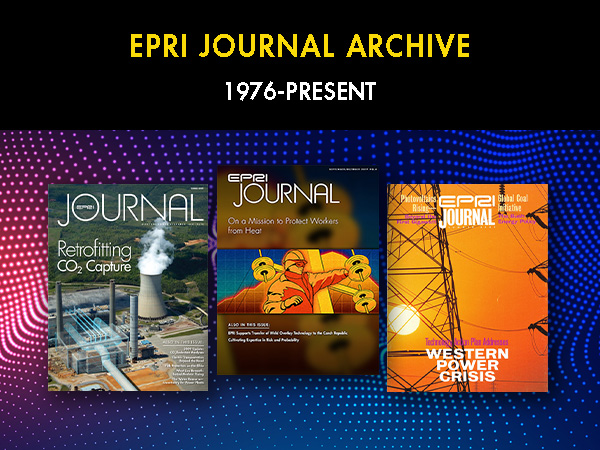The Necessity of Objective, Methodical Work

How do we as humans respond to threat? The answer depends on the nature of the threat. The instinctive “fight-or-flight” response arises to an immediate threat to our lives. In contrast, a potential threat can prompt study, discussion, procrastination, or denial. The middle ground is a threat that is real but is not fully understood. For these we need careful consideration of the facts if we are to respond effectively.
Simply stated, we apply the scientific method to research, which provides a long-term payback but can raise questions in the early going. Are we moving too slowly? Are we pursuing the right leads, asking the right questions, and using the right data?
In recent months, growing public attention has focused on the threat to our power systems posed by nuclear weapons generating high-altitude electromagnetic pulses. The scenarios of damage and social disruption range from severe-but-manageable to catastrophic.
People are understandably concerned when confronting different opinions and assessments of this threat. Typically they ask, “How worried should I be?” The real question is, “How should we respond and prepare to deal with the threat?”
As researchers we respond methodically and objectively. Given scenarios of widespread destruction and suffering, we must understand that the public’s sense of security can be undermined if they lose confidence in our research and preparation to face such threats.
To maintain confidence in research, it’s important to stress these aspects:
- Research is deliberate and incremental. There is no short or simple path to a solution or an answer. And the latest word on progress is not the last word.
- It must draw on multiple disciplines. For EPRI, examples include electrical engineering, materials sciences, operations and maintenance, as well as data analysis.
- It must systematically and broadly incorporate diverse perspectives and experience. Various utilities excel or specialize in different operating areas and technologies. It is only by careful synthesis of these that our research can be solidly grounded.
- Risk must be understood as something with many more dimensions that just probability. For example, EPRI and nuclear power plant operators use “probabilistic risk assessment” in preparing for earthquakes, and these are based on much more than the probability of earthquakes, including also systematic consideration of the components and systems affected.
- Research speaks in precise and measured terms. Its results generally make for poor headlines, especially if you consider that a headline’s first priority is to grab the public’s attention. (Another way of saying this is that headlines should never be expected to convey research results accurately.) And, speaking of risk, readers who base their decisions or judgment on headlines are at great risk of being misled or misinformed.
In the United States and other countries, many of our citizens recall the Cold War’s nuclear threat. Schools drilled teachers and students on preparing for attacks (duck under your desks), and public buildings such as courthouses housed fallout shelters, which at the height of the Cold War included stores of canned food, other rations, and water. Our assumptions and our preparations combined scenarios based on traditional warfare and weapons, even as they lacked a full comprehension of an attack’s destruction and disruption.
Today’s discussions of high-altitude electromagnetic pulses include this same combination of sweeping and specific considerations, which must be systematically considered.
As EPRI continues to work on this issue in collaboration with the electricity sector and its stakeholders, I encourage people to consider this: EPRI’s very existence stems from a failure of the grid in the Northeast more than 40 years ago. From Day One, we have looked unflinchingly at anything that compromises the safety and reliability of the grid—things as small as a rusty bolt or as big as an earthquake or nuclear weapon.
We were created with a mission to work in the public interest and for the public benefit. In addition to our board of directors, EPRI’s Advisory Council brings to our governance the diverse interests of consumers, environmentalists, labor, and others. We rely on them to help direct our R&D portfolio so that it effectively carries out our mission.
We are equally diligent with the small unseen work and the headline-grabbing challenges. As we face the prospect of a weapon of mass destruction targeting the grid, “fight-or-flight” is not an option. We cannot dismiss such an attack as merely a potential threat. It is real, and given the public’s reliance on the electrical grid and its trust in research organizations such as EPRI, we must continue our objective, methodical work to assess the threat, to mitigate effects of an attack, and to prepare for recovery.
Mike Howard

President and Chief Executive Officer, EPRI
To learn more about high-altitude electromagnetic pulse attacks, read From Doomsday to Reality.
To learn more about EPRI’s founding and public benefit mission, read Born In a Blackout.


